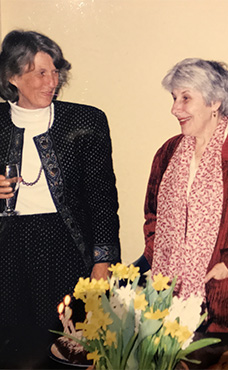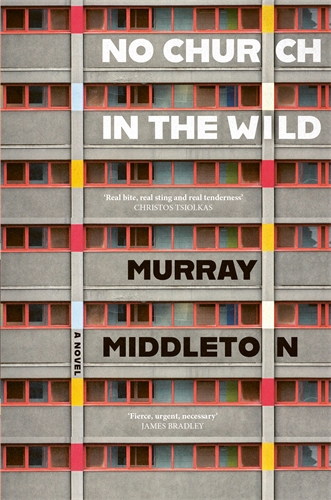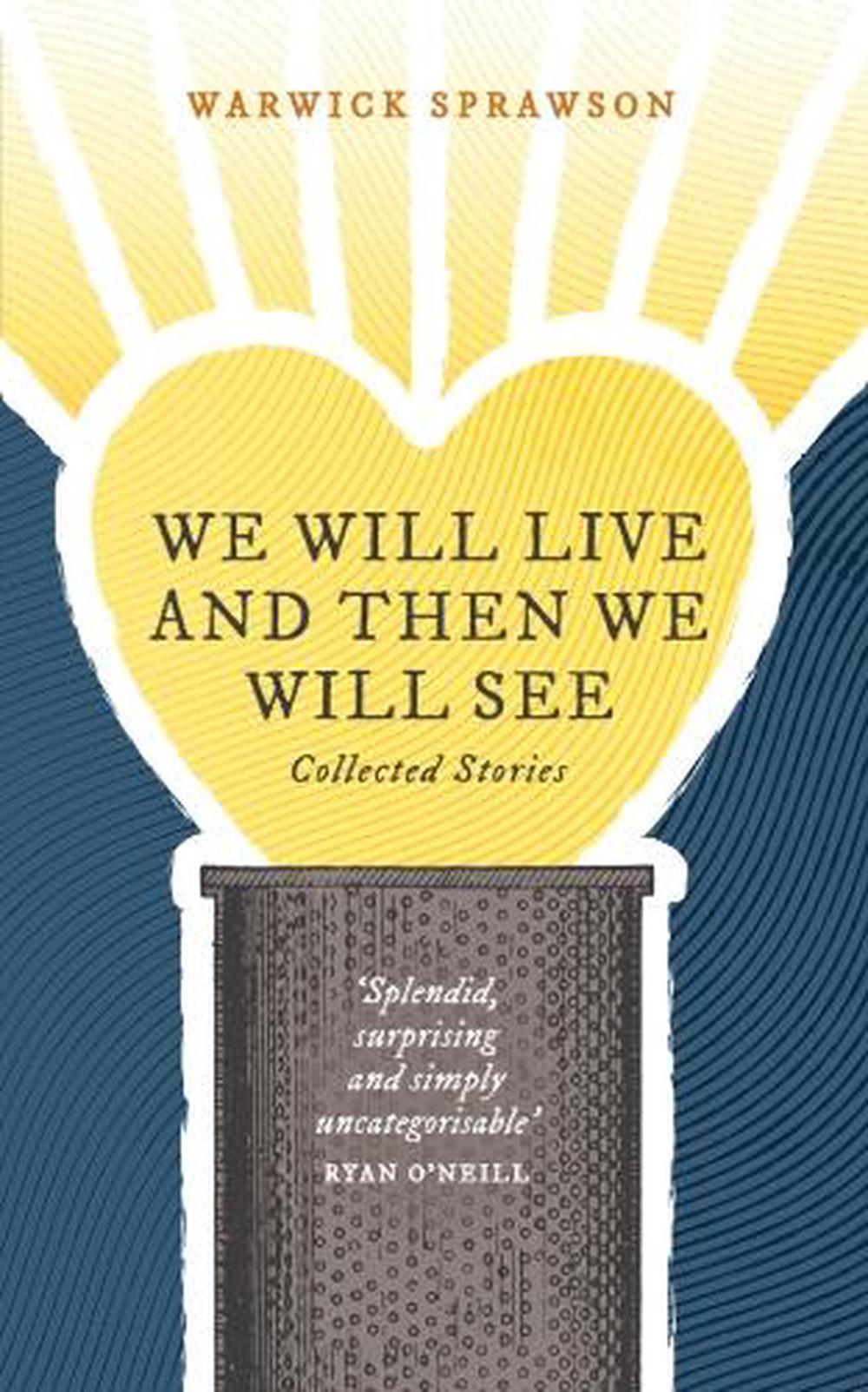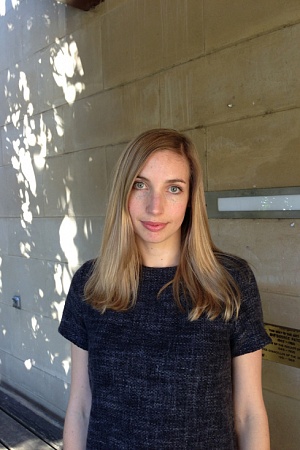'Teargas sunset (unfinished)' by Omar Musa | States of Poetry ACT - Series One
I
Having narrowly escaped jetlag,
I ate a mushroom omelette
in Galata Square,
with wrinkled black olives
on the side
like little black eyes.
I washed it all down
with coffee strong enough to wake the dead.
As I looked upon the ancient tower,
the city came to life around me:
tourists and cats and drunkards
made their way across the square.
Over the next few hours,
I did edits on my novel,
listened to an American family talk too loudly,
heard the cafe's Gypsy Kings CD
mix with the call to prayer.
I updated my Facebook:
'Hello Istanbul. What a city!
I love this place sooo much.
It is rainy & muddy & musical & full of life.'
When I got back to the hotel,
the man at reception
asked me what I was doing tonight.
I grinned and mimed drinking – rakia.
He smiled sadly, shook his head,
and said, 'be careful.
The police killed a little boy.
He died yesterday.
The government does what it wants.
The police do what they want.
I am a Nationalist. I am supposed to be on the Right.
The Communists are supposed to be on the Left.
But we have both joined against this government.
Do not go up Istiklal Street tonight,
my friend.
Last night, it was like a war.
Tonight again.
There will be nearly a million people.
Taksim Square will be like a war.'
His eyes were green and steady.
My hotel room smelled
of the cleaning woman's cigarettes.
I looked across
the rooftops and satellites with their faces to the sun,
and saw two minarets
and the dome of a mosque
across the Bosphorus.
As the city readied itself for
protest and mourning,
I burned my lips
on the sunset.
II
I got lost looking for a trendy cafe,
ended up near Karakoy Port,
drank homemade lemonade in a side street,
climbed through an aristocratic neighbourhood
and found myself in Taksim Square.
There were students with pictures
of a young boy,
Berkin Elvan,
pinned to their lapels.
People in beanies and ballies
thronged,
dressed mostly in black.
Shellfish and chestnuts
were roasting
on portable braziers.
There were choppers in the sky
and so many sirens,
and the whole place seethed
with thousands of legs in fast forward.
Istanbul wasn't this cold last time.
I turned a corner and came
face to face with riot police,
close enough to see the scratches on their
semi-automatic weapons.
Close enough for one to blow smoke in my face.
III
When I got back to the hotel,
there was a new guy behind the desk.
He told me that he had worked in Taksim Square
a year ago.
'You should've seen it.
How exciting it was.'
His eyes shone.
'I like the smell of teargas.
Sometimes, it is necessary.'
IV
20 minutes later,
cops swarmed out
from every side street
like termites,
and opened onto civilians
with water cannons and tear gas.
V
Something drew me back to Taksim Square.
As I walked up Istiklal,
life seemed to carry on as usual:
Men sipped Efes from the can,
women with high cheek bones were smoked by cigarettes,
lamb cutlets smoked on grills,
mint tea steamed,
trinkets winked in the market.
Shops were still open, full of bored faces.
(I swear, the look of someone who hates their job
is universal.)
I started to see wet footprints,
becoming denser and denser on the concrete.
Then I heard a stamping, a chanting,
a banging on roller doors,
the voice of a mob
like the bunching and unbunching of a fist.
It was up near Galatasaray High School,
where everything always kicks off (supposedly),
a square that leads north,
south,
east,
west.
Then there was something
like fireworks
a phosphorescent scatter,
the clatter of riot shields,
the twack of baton on flesh,
then a cheer,
and the stampede of feet,
and I was running with the crowd,
unsure of where I was going,
and there was danger, and fear,
but also arms around shoulders,
and laughter.
Istiklal had turned into a river,
but there were people
swimming upstream,
towards the maelstrom,
camera phones held aloft,
shining beams,
like little lighthouses
above the crowd.
VI
On the way home,
a kid tried to sell me a mask
to protect me from the teargas.
Just a few blocks away,
things were quiet.
I passed wall upon wall of graffiti, thinking
'Whoever DSK is,
they run shit around here.'
The guy behind the counter
was more sombre now.
'I do not like protests.
I voted.
My best protest was at the election.'
VII
The news tells me
that two people are dead.
I lean out the window
and the wind is cold and fleet-footed,
as if it is being chased.
Omar Musa







Leave a comment
If you are an ABR subscriber, you will need to sign in to post a comment.
If you have forgotten your sign in details, or if you receive an error message when trying to submit your comment, please email your comment (and the name of the article to which it relates) to ABR Comments. We will review your comment and, subject to approval, we will post it under your name.
Please note that all comments must be approved by ABR and comply with our Terms & Conditions.